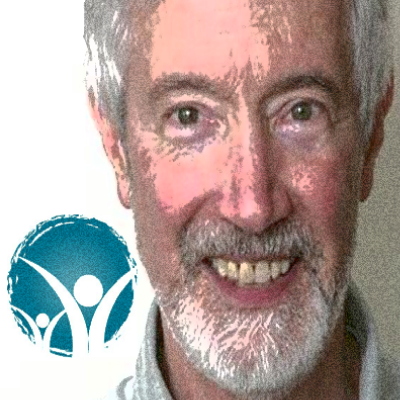
 About 140 people joined the “big thinkers” from the Center of Biological Diversity and the Arizona Chapter of Population Media Center to learn about endangered species condoms and soap operas as methods to “save the world” on September 10, 2014 in Tucson, Arizona. The event, titled “How Can Condoms and Soap Operas Save the World?” was co-hosted by the University of Arizona’s Department of Communication.
About 140 people joined the “big thinkers” from the Center of Biological Diversity and the Arizona Chapter of Population Media Center to learn about endangered species condoms and soap operas as methods to “save the world” on September 10, 2014 in Tucson, Arizona. The event, titled “How Can Condoms and Soap Operas Save the World?” was co-hosted by the University of Arizona’s Department of Communication.
The audience gathered to hear Bill Ryerson, President of the Population Media Center (PMC), Kieran Suckling, the Director of the Center for Biological Diversity, and Jennifer Aubrey, Associate Professor of Communications at the University of Arizona discuss domestic and international efforts to bring about the social change they desire.
Ryerson, according to the organization, “oversees all PMC activity and travels around the world for current and new program development.” Since 2008, Ryerson has also served as Chair and CEO of Population Institute in Washington, DC, which works in partnership with Population Media Center.
The audience learned about PMC’s domestic and international propaganda efforts through serialized dramas to bring about the social change they want; the Center for Biological Diversity’s Endangered Species Program which has distributed 500,000 condoms to promote the concept that there is a link between population and extinction of species; and research from the tax payer funded University of Arizona about reality TV programs like “16 and Pregnant” showing that such programs may not achieve the “beneficial social impacts touted by commercial media,” according to the Population Media Center.
Population Media Center is a nonprofit, international nongovernmental organization, which works with the United Nations and strives to disperse propaganda which supports their particular political agenda through the use of “entertainment-education strategies,” like serialized dramas on radio and television. They present characters intended to influence the behavior of the populace in order to create the system of governance they prefer. Founded in 1998, PMC has over 15 years of field experience using the Sabido methodology of behavior change communications, impacting more than 50 countries around the world. www.populationmedia.org
According to PMC’s website:
“In each country in which it works, PMC builds a collaborative process between radio and/or television broadcasters, appropriate government ministries, and nongovernmental organizations to design and implement a comprehensive media strategy for addressing family and reproductive health issues. This involves:
1. Identifying the various cultural issues and prevailing attitudes affecting decision making about sexual risk behaviors within the country
2. Analyzing barriers and opportunities for effective use of the mass media for promoting reproductive health
3. Developing an action plan that incorporates as much of the broadcast media as possible in a concerted campaign designed to promote sexual and reproductive health
Serial dramas (Soap Operas) are the centerpiece of this behavior change communications strategy, because of the known effectiveness of this approach in changing attitudes and behaviors.”
PMC employs the Sabido Method “for designing and producing serialized dramas on radio and television that can win over audiences while imparting prosocial values,” according to the organization’s website.
The Sabido Method is based on character development and plot lines that lead to changes in the behavior of viewers. “Miguel Sabido developed the process in detail for television in a way that enabled it to tackle the most sensitive of subjects — sex, abortion, family planning, AIDS — in a non-threatening and even enlightening manner,” according to the website. “The first novella using the Sabido Method to promote family planning, was Acompaname (“Accompan y Me”). Sabido developed five additional social content telenovelas, which were all broadcast on Televisa: Vamos Juntos (”We Go Together”), Caminemos (”Let’s Walk”), Nosotros las Mujeres (”We the Women”), Por Amor (”For Love”), and Los Hijos de Nadie (”Nobody’s Children”).”
“During the decade 1977 to 1986, when these Mexican soap operas were on the air, the country experienced a 34% decline in its population growth rate. As a result, in May 1986, the United Nations Population Prize was presented to Mexico as the foremost population success story in the world,” reports the organization.
